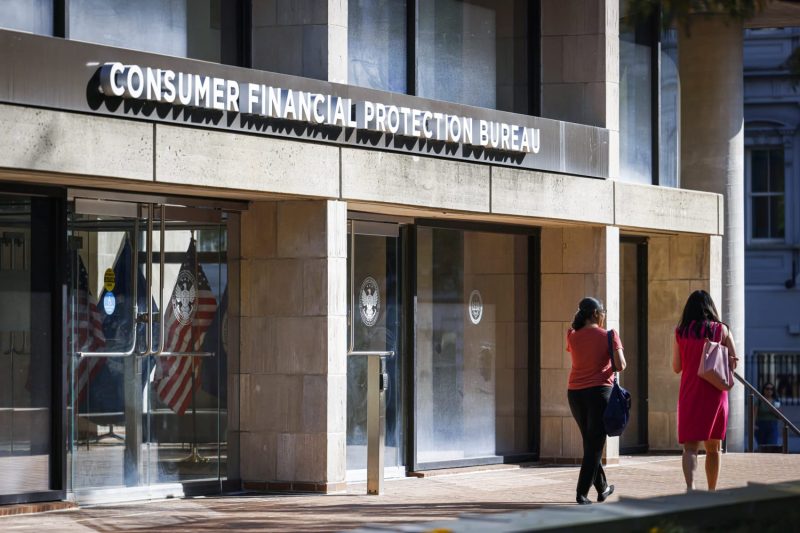
Last-Minute Threat to CFPB Rule That Could Save Americans $10 Billion Annually in Late Fees
The Consumer Financial Protection Bureau’s (CFPB) recently proposed rule that aims to save Americans an estimated $10 billion annually in late fees has been met with potential opposition and a possible last-minute freeze. This rule, designed to prevent financial institutions from charging excessive late fees to consumers, has the potential to provide significant relief to many Americans struggling to make ends meet. However, the future of this rule remains precarious as it faces obstacles that could prevent its implementation.
The CFPB’s rule is a response to consumer complaints about exorbitant late fees imposed by financial institutions, often disproportionately affecting low-income households. By limiting the amount that can be charged in late fees and introducing restrictions on how frequently they can be applied, the rule seeks to protect consumers from unfair and excessive financial burdens.
Despite the clear benefits the rule would provide to consumers, there are concerns that it could face opposition from powerful lobbying groups representing the financial industry. These groups may attempt to influence policymakers to either delay or block the implementation of the rule, citing potential negative consequences for financial institutions.
Additionally, the rule could be subject to legal challenges, with opponents arguing that it exceeds the CFPB’s authority or that it imposes undue burdens on financial institutions. These challenges could result in delays or modifications to the rule, diminishing its effectiveness in achieving the intended goal of protecting consumers from excessive late fees.
Furthermore, the timing of these potential obstacles is crucial, as any delays in implementing the rule could prolong the financial strain experienced by many Americans, particularly those already struggling to make timely payments on their debts. The impact of late fees on these individuals can exacerbate their financial difficulties and lead to a cycle of debt that is difficult to break.
In conclusion, the CFPB’s proposed rule to save Americans $10 billion a year in late fees represents a significant step towards protecting consumers from financial exploitation. However, the potential obstacles it faces, including opposition from industry groups and legal challenges, threaten to undermine its effectiveness. It is essential for policymakers to prioritize the interests of consumers and ensure that this rule is implemented without delay to provide much-needed relief to those most vulnerable to excessive late fees.
